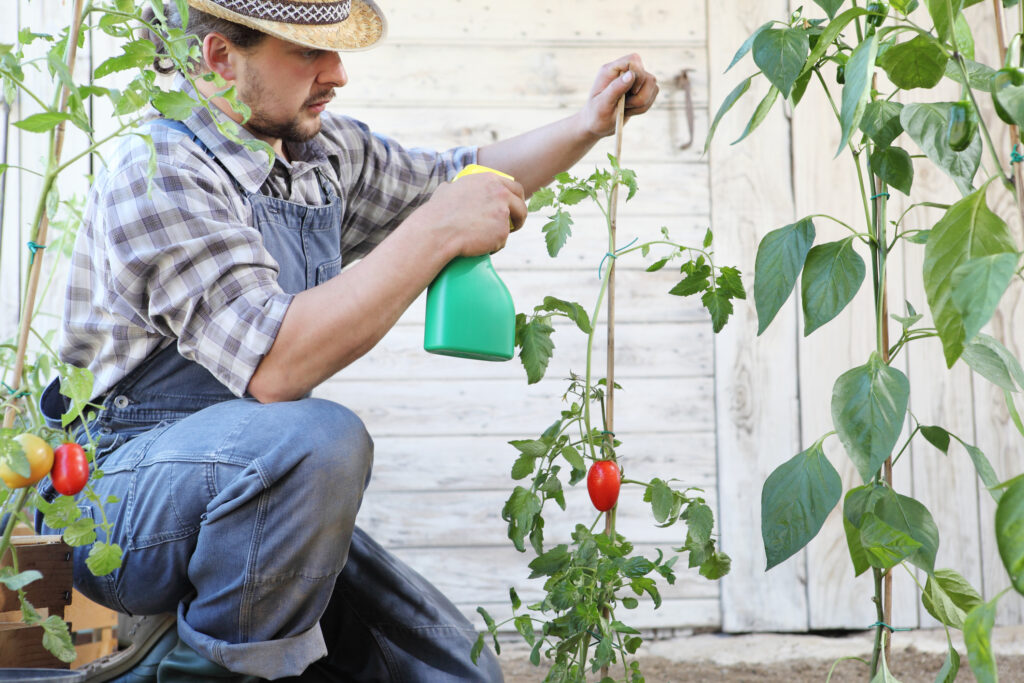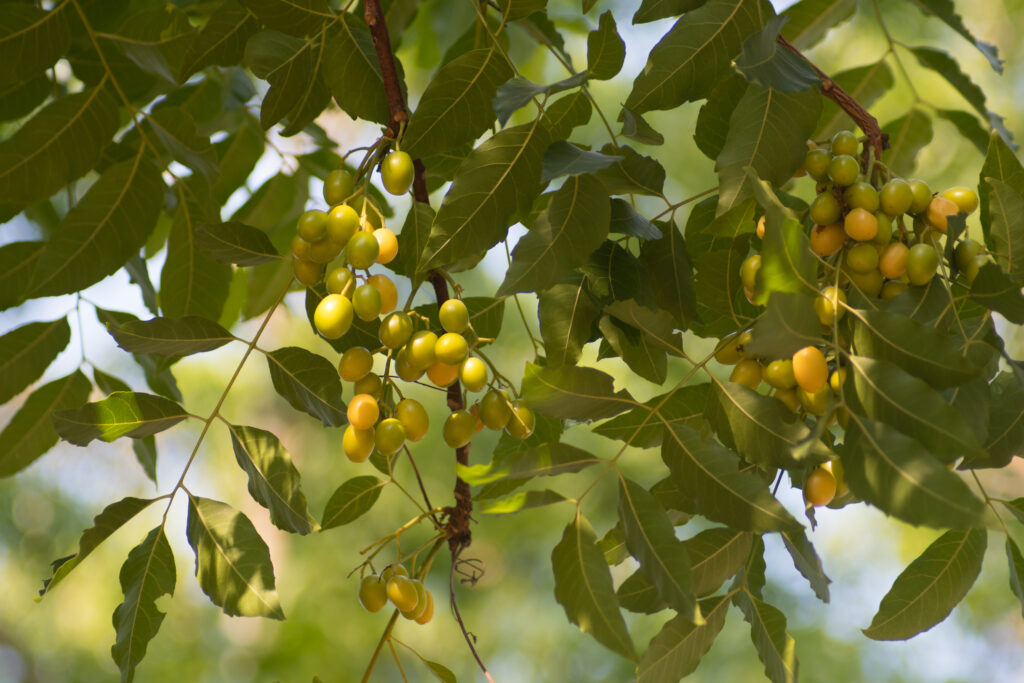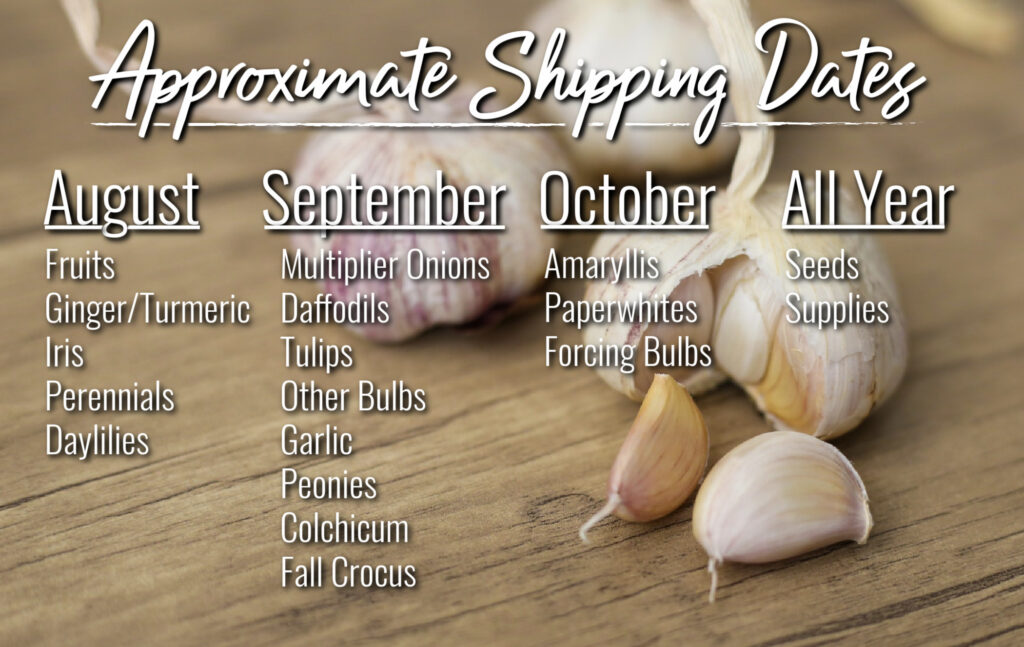
Gardening can be a rewarding experience. An important step in gardening is pest control. Without it, your crops could be destroyed. There is a wide variety of pest control products available which can create some confusion. Here are some things to know when deciding if horticultural oil is the right choice for your garden.
Pesticide Categories
Horticultural oils fall under the category of a pesticide. Pesticides are defined as any product used to kill pests. Pesticides fall into four categories, based on the type of pest they target:
- Insecticides – target insect pests
- Fungicides – target diseases
- Herbicides – target weeds
- Miticides – target mite pests
Some pesticides are effective against both insect pests and diseases, often through a combination of different components or chemicals in one formulation. In other cases, a single product component may affect multiple types of organisms.

Pesticide Mode of Action
With any pesticide product, you choose it is critical to know or pay attention to what the MOA is. MOA means, Mode of Action, which is how it works against the pest you want protection from. The mode of action will vary depending on the specific product. Here are some of the ways pesticide mode of actions works:
- Systemic – chemicals are taken up by plants and spread throughout the plant tissues. Systemics usually have the longest persistent (residual) effect after use.
- Contact – chemicals or products that destroy on contact with the organism
- Ingestion – product or chemical must be ingested or eaten by a pest to work
- Repellent – these are designed to exclude or repel pests. Many repellent products target mammal pests; i.e. rodents and deer.
- Suffocant – products that destroy pests by smothering them and precluding oxygen needed to survive.
Horticultural oils work by this last MOA, to suffocate the intended pest. Whether it be an insect egg, larvae, or adult pest and fungal pests, horticultural oils are generally safe to use and an excellent option for organic-based pesticide management programs.
What Is Horticultural Oil?

Horticultural oils are plant, mineral, or petroleum-based oils blended with an emulsifying agent to make them able to be mixed with water and then sprayed on for pest control. They are most effective on small, soft-bodied insect pests like scale, mites, and aphids, for example. Used as fungicide protection they should be applied thoroughly to all plant surfaces to provide the most effective control.
Dormant vs Summer Horticultural Oil
- Dormant oils are typically more concentrated and are usually applied to woody plants, like fruit trees, but can also be used on ornamental plants when they are dormant and have no foliage. Oil Pharm is an example of dormant oil.
- Summer oils are used on plants while they are leafed out and actively growing. Generally, summer concentrated oils can be used as dormant sprays but dormant sprays do not work during summer due to potential phytotoxic effects and damage to leafy plants. All Seasons® Spray Oil by Bonide® is an example of summer oil.
For a dormant application, oils are sprayed in fall or early spring after leaves have dropped and before growth resumes. Thorough spray coverage is needed on all plant parts to ensure effective control. This allows the oil to smother pests and disease spores that overwintering on woody trunks, limbs, and branches.
Dormant oil sprays can also be used to help control eriophyid mites that spread rose rosette disease, an increasingly common disease of roses that causes “witches broom” growth.

Is Horticultural Oil Safe?
They are a safe and effective treatment for several types of pests. Horticultural oil products are generally non-toxic and many are excellent options for organic growers and gardeners.
What Are The Benefits Of Using Horticultural Oil?

Horticultural oil sprays have many advantages when used correctly for the right pest problems and pests. They have little to no odors, they are safe to humans, our pets, and wildlife including beneficial insects like ladybugs and honey bees. They are also, relatively inexpensive, highly concentrated products, so a little goes a long way to protecting your garden.
How To Apply Horticultural Oil
It is important to know summer oils should not be applied when temperatures are below 40°F or above 90°F to avoid unintentional foliage damage to plants. Most effective pest control happens when the relative humidity level is under 65%, which speeds up evaporation to make the product “stick” much quicker. Read all product label application and mixing instructions for optimum use and safety. Dormant oils should be applied when temperatures are 40°F or above and temperatures will remain above freezing for 24 hours after application.
Neem Oil

Neem oil is the most commonly recognized horticultural oil. Neem oil is extracted from the Neem Tree – Azadirachta indica. The primary active ingredient is azadirachtin. This all-natural product has both fungicidal and insecticidal action and also has some repellent effectiveness. Neem works well against Powdery Mildew but is less effective against other plant diseases.
As an insecticide, neem oil is most effective against aphids, whiteflies, scale, spider mites, and other soft-bodied insects, as mentioned. It is not very effective against adult beetle pests like Colorado Potato or Japanese beetles. However, when sprayed on plant foliage it has the capacity to reduce insect feeding and acts as a growth regulator to insects, interfering with molting and physical development of early larval instar stages. Neem also has some repellent effects.

View our new Summer/Fall catalog online or browse our website for all of your gardening favorites. To receive info on new products, exclusive deals, and specials, be sure to sign up for our weekly email. Join our Facebook page, to discuss all things gardening!